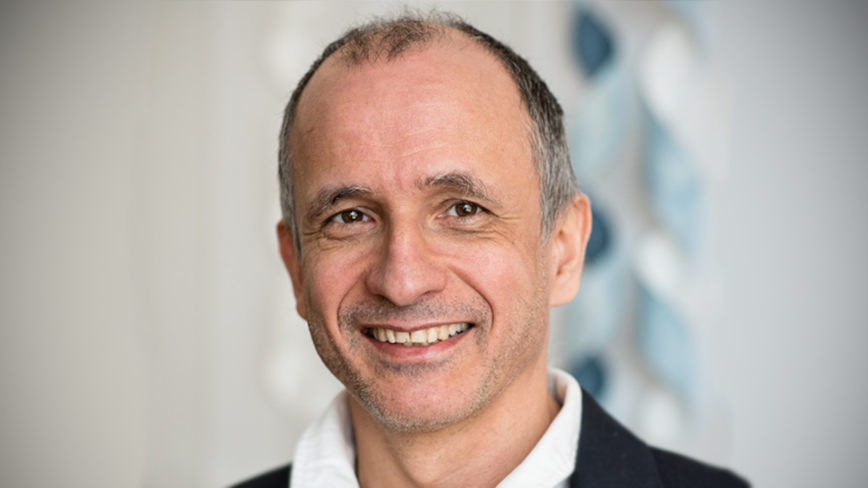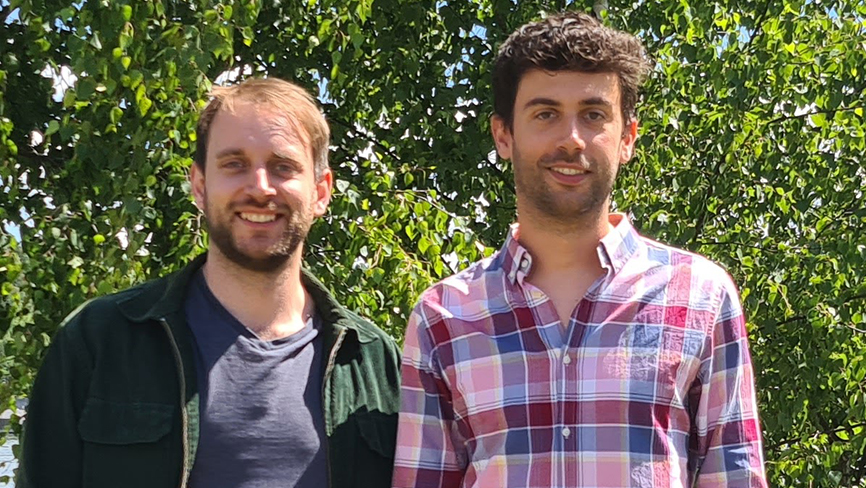Project from EECS increases road safety
Interview with Dilian Gurov

We talked to Dilian Gurov about his Vinnova funded project "AVerT2: Automated Verification and Testing" – a collaboration between KTH and Scania – which will help increase road safety. Read more about Dilians research and the project in the interview.
Please tell us a bit about yourself and your research.
"I am an Associate Professor in The Division of Theoretical Computer Science at EECS. My research focuses on different ways to reason formally about the behaviour of computer programs. This requires discrete-mathematical machinery to describe programs and their executions, and formal logic to state and prove their properties."
Please tell us briefly about your project "AVerT2: Automated Verification and Testing".
"The project is a collaboration between KTH and Scania. It targets the software that controls the trucks, along with the associated safety requirements. We are using methods based on formal proof to make sure that the software meets the safety requirements. The main goal of the project is to automate this process as much as possible, and to integrate it into the software development processes at Scania and other Swedish vehicle manufacturers."
What impact could this have on society, in what way can it benefit?
"With the advent of autonomous driving, road safety will be of ever growing importance. The main benefit of AVerT2 for society will be the increased safety of the trucks on the road. This will be achieved by the transfer of knowledge and technology from KTH to the vehicle manufacturers. It requires educating and training students at KTH, which in turn requires the development of courses where the relevant theories, methods and tools are taught."
What will happen this year within the project?
"The ambition for this year is to target a particular software module and its associated safety requirements. Based on this case study, we plan to develop and automate further our technology. One particular challenge is posed by the use of floating-point arithmetic in the module. Reasoning formally about floats is known to be hard, and automating this reasoning is even harder."
Contact
Related news

They enable safer and more efficient autonomous vehicles
Truls Nyberg and José Manuel Gaspar Sánchez put their heads together and came up with an algorithm that facilitates safer roads. In their award-winning paper, they show how to safely deploy autonomous...
Read the article
Project from EECS increases road safety
We talked to Dilian Gurov about his Vinnova funded project "AVerT2: Automated Verification and Testing" – a collaboration between KTH and Scania – which will help increase road safety. Read more about...
Read the article